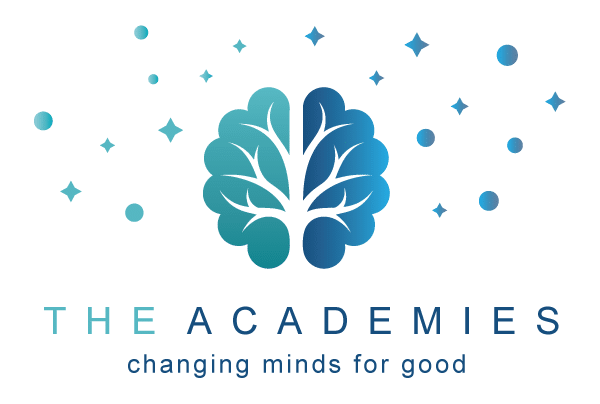Today we’re talking about psychological safety. There’s been a lot of discussion around this topic in recent years — certainly in coaching — because it’s one of the ICF Core Competencies. But in addition, it’s also made its way into many corporate and organizational environments.
Amy Edmondson is probably one of the most respected and well-known thought leaders around the concept of psychological safety. She describes psychological safety as the shared belief that we can be honest, vulnerable, or ask “stupid questions” in a relationship, and not have any fear about negative consequences.
Understanding the Red Zone | Blue Zone and Psychological Safety
We know that when we are in that space as a coach, we are in the Blue Zone — the place where we are cognitively and relationally fully functioning. We’re not in a Fight-Flight state, we’re in a Flow state, and thus, we’re in a much better position to be able to create an environment of psychological safety.
Conversely, if we’re in the Red Zone, we can feel a little bit anxious, nervous, and perhaps, maybe even a little emotionally frustrated with the client. Whatever it might be — the Red Zone creates an imbalance in our neural circuitry. Unfortunately, this is not going to create the psychological safety we need to have so that coaching clients can come to us and share valuable insights into where they might feel vulnerable.
The What and How of Psychological Safety
It’s important to recognize that in creating agreements that have this sense of psychological safety, there are two components — the WHAT and the HOW:
The WHAT of Psychological Safety
Here, the coach conveys that they understand that the client may feel vulnerable with whatever they’re bringing to the session, and the client can trust that there will be no negative consequences for revealing mistakes, missteps, insecurities, or other sensitive concerns they might have.
We know there are some caveats around that as it relates to ethics. But in general, this exploration of topics that are vulnerable or uncertain will often lead to breakthroughs that the client can have. If we stay on the surface and talk only about safe things, it’s quite unlikely that the client will have the breakthrough that will be most valuable for them.
The HOW of Psychological Safety
Here, the coach gives the client space to take charge of the direction within the coaching conversation. We bring respect and nonjudgmental support to the client and allow them to navigate the conversation as they want to. They choose how they want to approach this conversation which might be vulnerable, uncertain, or sensitive.
Creating Psychologically Safe Spaces in Coaching
So when we combine the WHAT and the HOW within that sense of psychological safety, we’re going to be able to get below the surface. The coach and client can then talk about things that might not normally be brought up in normal conversations with friends or co-workers. It’s in this space of psychological safety where we can bring a depth of understanding about how the brain and the body can be on board and contribute to clients having success in the coaching process.
Learn More About the Neuroscience Advantage in Coaching
To gain a deeper understanding of the neuroscience behind the ICF Core Competencies and coaching, we invite you to follow our Neuroscience Advantage in Coaching series. We regularly share illuminating articles that explore how coaching and brain biology intersect, providing insights and knowledge that enable smarter coaching and promote long-lasting change.
So, join us on this enriching journey as we explore the fascinating world of neuroscience and coaching, and don’t forget to explore our upcoming brain-based coaching courses! We offer something for every coach at The Academies, regardless of where you are in your coaching journey.
